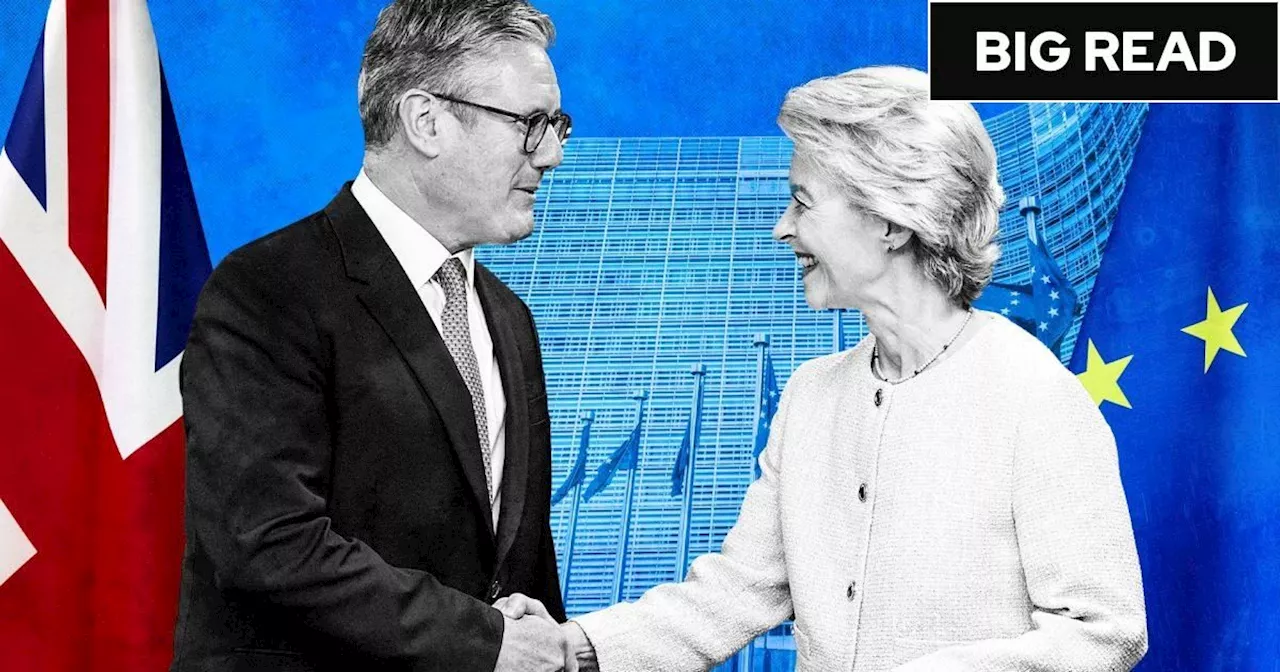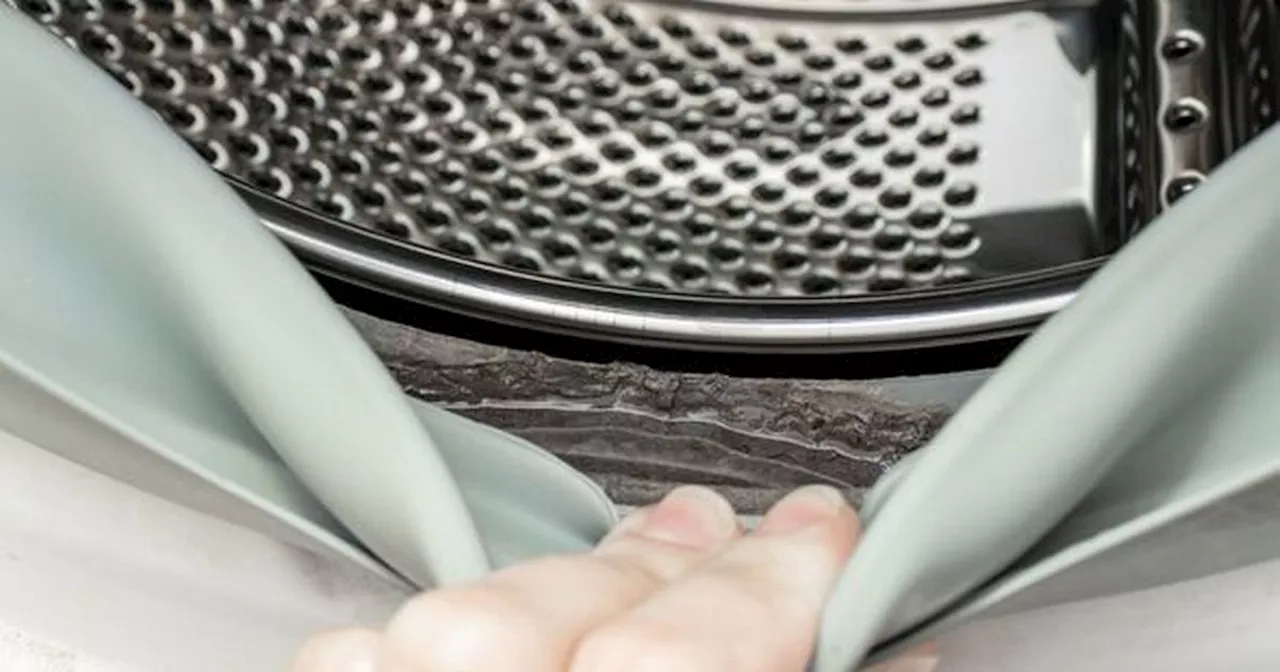A new Cochrane review co-led by a University of Massachusetts Amherst researcher confirms that financial incentives are a successful method for smoking cessation. The review also found high-certainty evidence that this intervention works for pregnant women.
Rewards and financial incentives are successful methods to help people quit smoking, according to a new Cochrane review co-led by a University of Massachusetts Amherst public health and health policy researcher. For the first time, the researchers also found 'high-certainty evidence' that this intervention works for pregnant people as well.
\ A previous review of studies, also published in the Cochrane Database of Systematic Reviews, found moderate certainty that financial rewards played a role in encouraging the pregnant population to quit smoking. When we updated this review, we found more studies of financial incentives in people who are pregnant and found high-certainty evidence this time that indeed they help people who are pregnant quit smoking and stay quit,' said Jamie Hartmann-Boyce, senior author, assistant professor of health policy and promotion, School of Public Health and Health Sciences, University of Massachusetts Amherst. 'We know that smoking while pregnant can be really harmful to both the parent and the fetus,' Hartmann-Boyce says. 'And people are more cautious in pregnancy about using a lot of the pharmacological interventions that are approved for smoking cessation. So that's why we're focused on ways that we can help pregnant people quit smoking.' \The latest review included 47 mixed-population studies based in the U.S., Europe, Southeast Asia, Hong Kong and South Africa, including 14 new to this review, with just under 22,000 participants. The researchers again found 'high-certainty evidence' that financial incentives improve smoking cessation rates at long-term follow-up, even after the incentives are withdrawn. Separately, the researchers looked at 13 studies from the U.S., United Kingdom and France, with 3,942 pregnant people participating. For every 100 pregnant persons who received financial incentives, 13 were likely to successfully quit smoking at six months or longer, compared to six in 100 who did not receive financial incentives. The financial amount, given in cash or vouchers, varied widely among the studies examined, from zero (self-deposits returned to the smokers who quit) to between $45 and $1,185. The value of the incentive was not found to be related to the quit rate. 'We did not have enough evidence to find out if offering different value rewards had an impact on smoking cessation,' the paper states. \The research was led by the University of East Anglia (UEA) in collaboration with UMass Amherst, the University of Oxford and the University of Edinburgh. 'Smoking is the leading preventable cause of ill health and early death worldwide, and quitting smoking is vitally important to help people live in good health for longer,' says lead author Caitlin Notley, professor of addiction sciences at UEA's Norwich Medical School. 'We are now very confident that incentives help people, and pregnant people too, to quit smoking better than not offering incentives.' \Hartmann-Boyce notes that 'a lot of people have an aversion to the idea of making payments available to people who use substances – precisely because they use those substances. But it would benefit all of us if more people were able to quit smoking.' She also points out that California became the first state to offer financial incentives, such as small-value gift cards, via Medicaid to people who quit using stimulants, such as methamphetamines and cocaine. This incentives program, also known as 'contingency management,' is considered the gold standard evidence-based approach to treating stimulant use disorder. Since California received federal approval in 2021 to cover contingency management as a Medicaid benefit, 14 more states have followed suit. 'The other common misperception around financial incentives is this idea that, oh, all these people are able to quit smoking, and they just weren't because they weren't going to get paid,' Hartmann-Boyce says. 'Actually, there's a lot of evidence to suggest that this intervention is acting on the psychological reward systems in the brain, which we know are heavily involved with nicotine addiction. 'So, it's not that these people could have quit anyway and then were paid and decided to do so,' she adds. 'A lot of people in these studies have tried to quit many times, they really want to quit and weren't able to do so, and this helped them.
SMOKING CESSATION FINANCIAL INCENTIVES PREGNANCY HEALTH RESEARCH
United Kingdom Latest News, United Kingdom Headlines
Similar News:You can also read news stories similar to this one that we have collected from other news sources.
 Russia Offers Financial Incentives to Boost Military Ranks Amidst High CasualtiesRussia is offering financial incentives, such as loan forgiveness and mortgage repayment holidays, to attract recruits and offset the high number of casualties in the Ukraine war. The Kremlin fears that a full mobilization could further damage public support for the war and lead to more emigration. While Russia has not resorted to conscription, these incentives aim to secure replacements and avoid another unpopular mobilization like the one in September 2022.
Russia Offers Financial Incentives to Boost Military Ranks Amidst High CasualtiesRussia is offering financial incentives, such as loan forgiveness and mortgage repayment holidays, to attract recruits and offset the high number of casualties in the Ukraine war. The Kremlin fears that a full mobilization could further damage public support for the war and lead to more emigration. While Russia has not resorted to conscription, these incentives aim to secure replacements and avoid another unpopular mobilization like the one in September 2022.
Read more »
 Most Switch Banks For Incentives, Service, and RatesA recent survey reveals that cash incentives, better customer service, and more competitive interest rates are the main reasons people switch banks. Younger generations are more likely to switch than older generations.
Most Switch Banks For Incentives, Service, and RatesA recent survey reveals that cash incentives, better customer service, and more competitive interest rates are the main reasons people switch banks. Younger generations are more likely to switch than older generations.
Read more »
 Brexit reset blow as EU insiders demand 'incentives' from StarmerBrussels is preparing to name a high price if the Prime Minister wants to get his desired deals on security and trade.
Brexit reset blow as EU insiders demand 'incentives' from StarmerBrussels is preparing to name a high price if the Prime Minister wants to get his desired deals on security and trade.
Read more »
 Early Breast Cancer Detection Offers Cost-Effective BenefitsA new study from the University of Ottawa demonstrates the significant cost-effectiveness of early breast cancer detection, highlighting the potential for less invasive treatments and improved survival rates.
Early Breast Cancer Detection Offers Cost-Effective BenefitsA new study from the University of Ottawa demonstrates the significant cost-effectiveness of early breast cancer detection, highlighting the potential for less invasive treatments and improved survival rates.
Read more »
 One item 'more effective than bleach' for cleaning washing machinesLimescale and mould can be a persistent issue in washing machines, however, there's one item that can make cleaning a whole lot easier
One item 'more effective than bleach' for cleaning washing machinesLimescale and mould can be a persistent issue in washing machines, however, there's one item that can make cleaning a whole lot easier
Read more »
 New study identifies effective strategies to help people quit vapingA new study, co-led by a University of Massachusetts Amherst researcher, set out to identify the most effective strategies for helping people quit vaping.
New study identifies effective strategies to help people quit vapingA new study, co-led by a University of Massachusetts Amherst researcher, set out to identify the most effective strategies for helping people quit vaping.
Read more »
